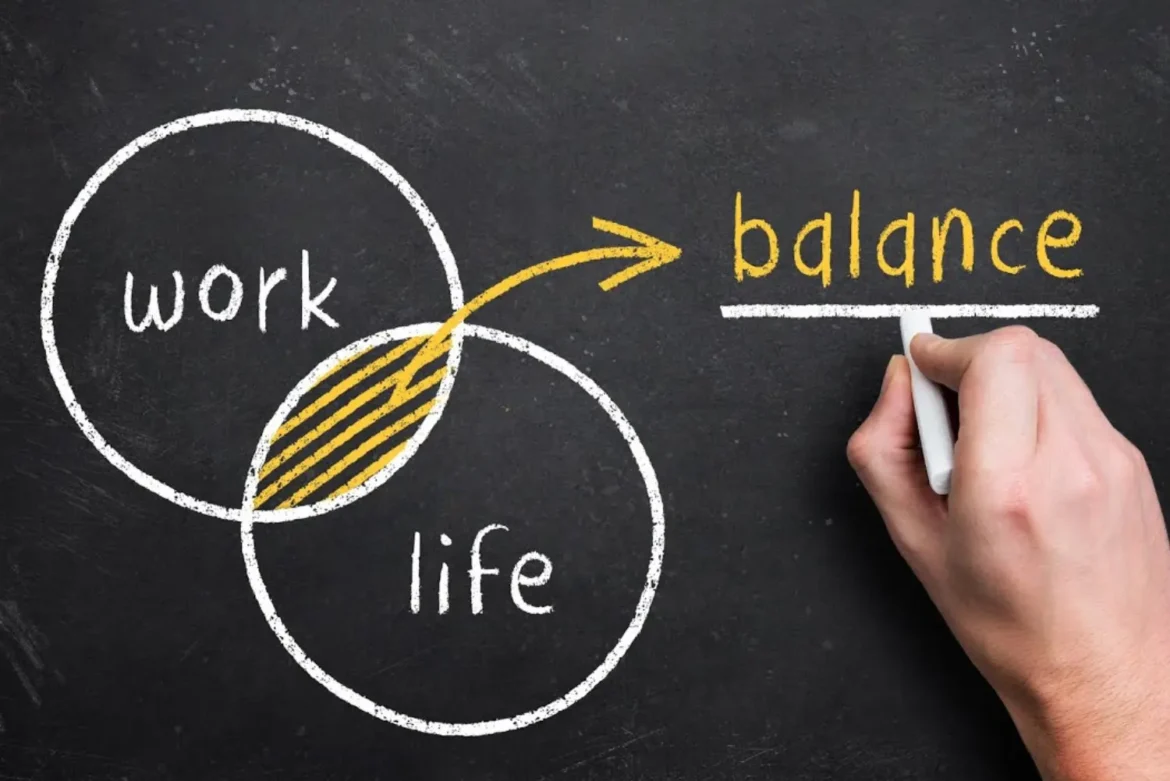Employers in the UK increasingly support employee well-being through flexible working, wellness initiatives, and mental health resources. Remote or hybrid arrangements allow staff to adapt work schedules to personal needs, while programmes promoting physical activity, mindfulness, and stress management contribute to overall resilience. Engaging with these resources enhances productivity and supports a healthier, more balanced lifestyle.
Personal fulfilment outside of work is equally important. Pursuing hobbies, volunteering, spending time with family, and maintaining social connections all contribute to a richer life. Recognising that personal time is valuable encourages individuals to invest in activities that recharge energy and creativity, ultimately benefiting professional performance. Balancing personal and professional priorities promotes satisfaction in both areas.
Ultimately, work-life balance is a dynamic process requiring awareness, planning, and communication. Professionals who manage time effectively, set boundaries, utilise employer resources, and invest in personal fulfilment achieve a sustainable and rewarding lifestyle. This balance supports both career success and well-being, creating a foundation for long-term growth and satisfaction in the UK’s modern work environment.

